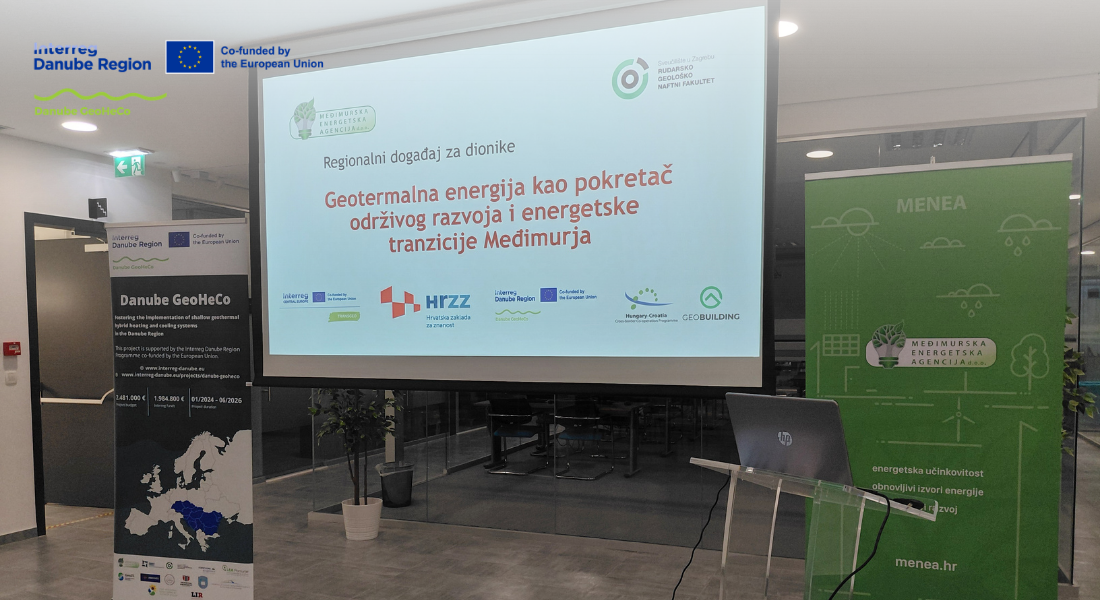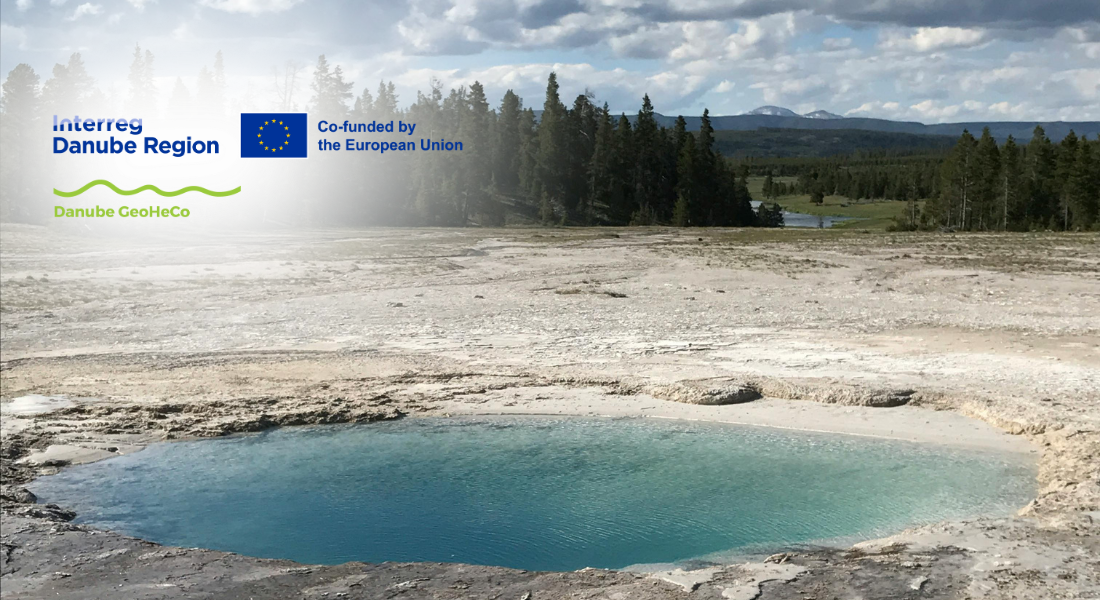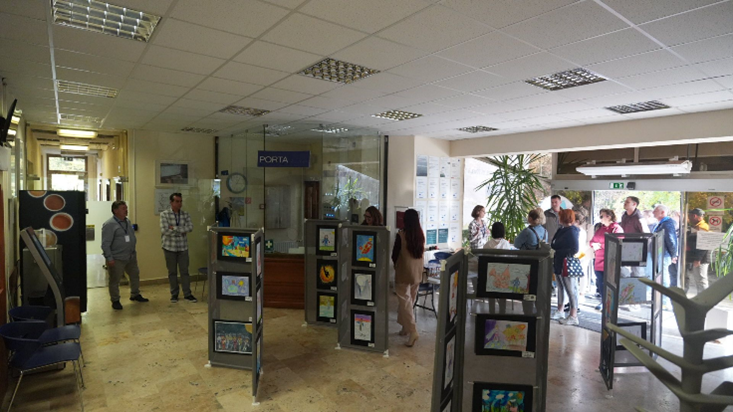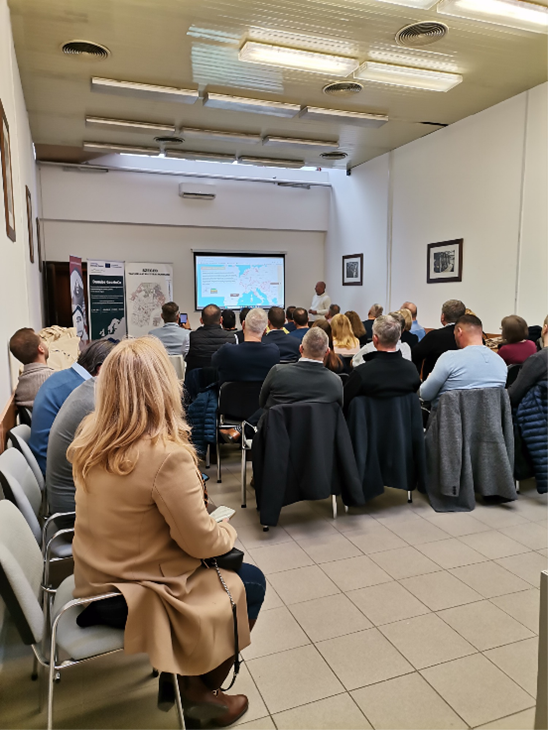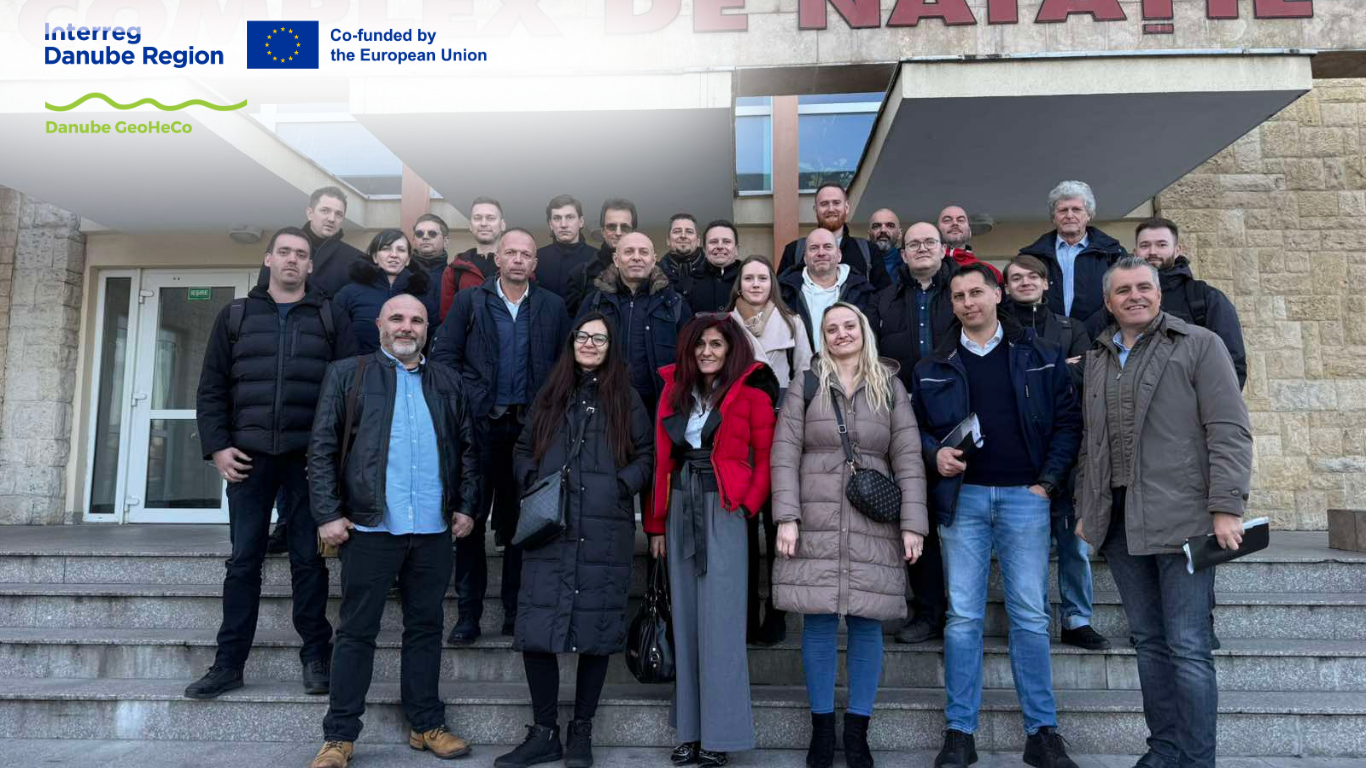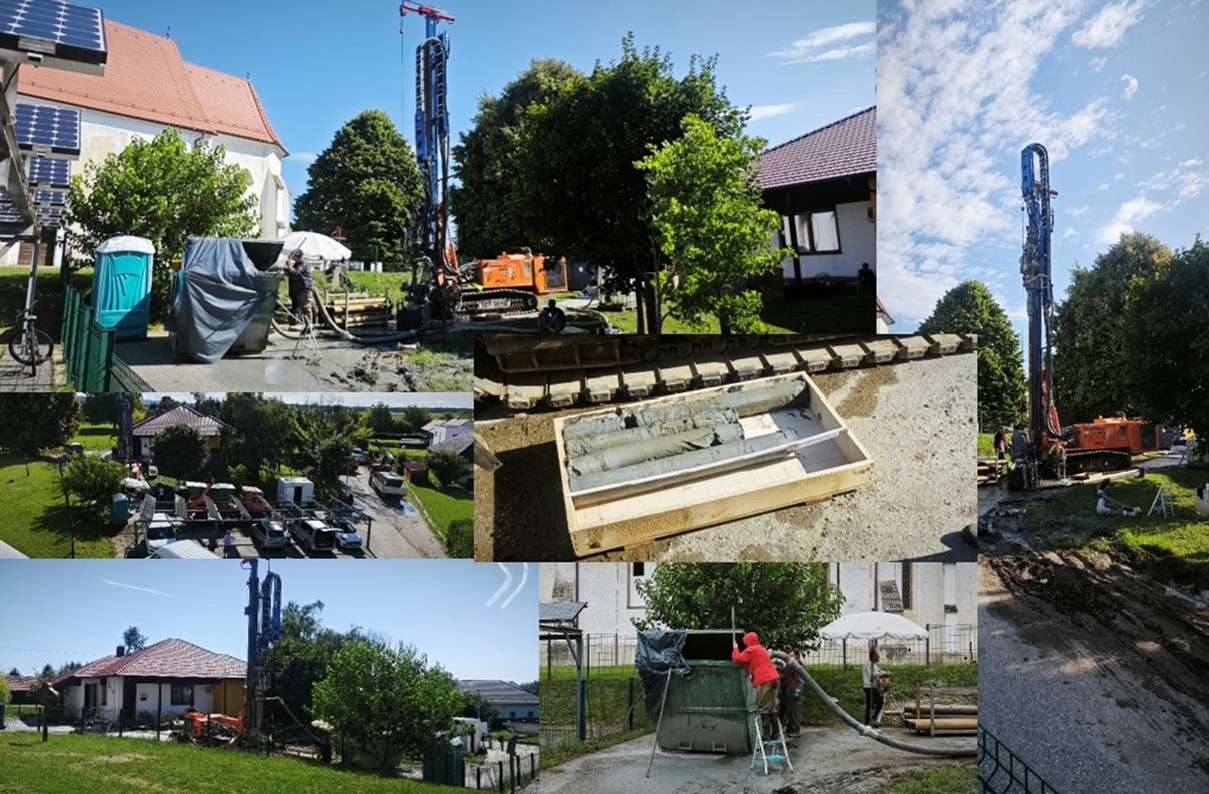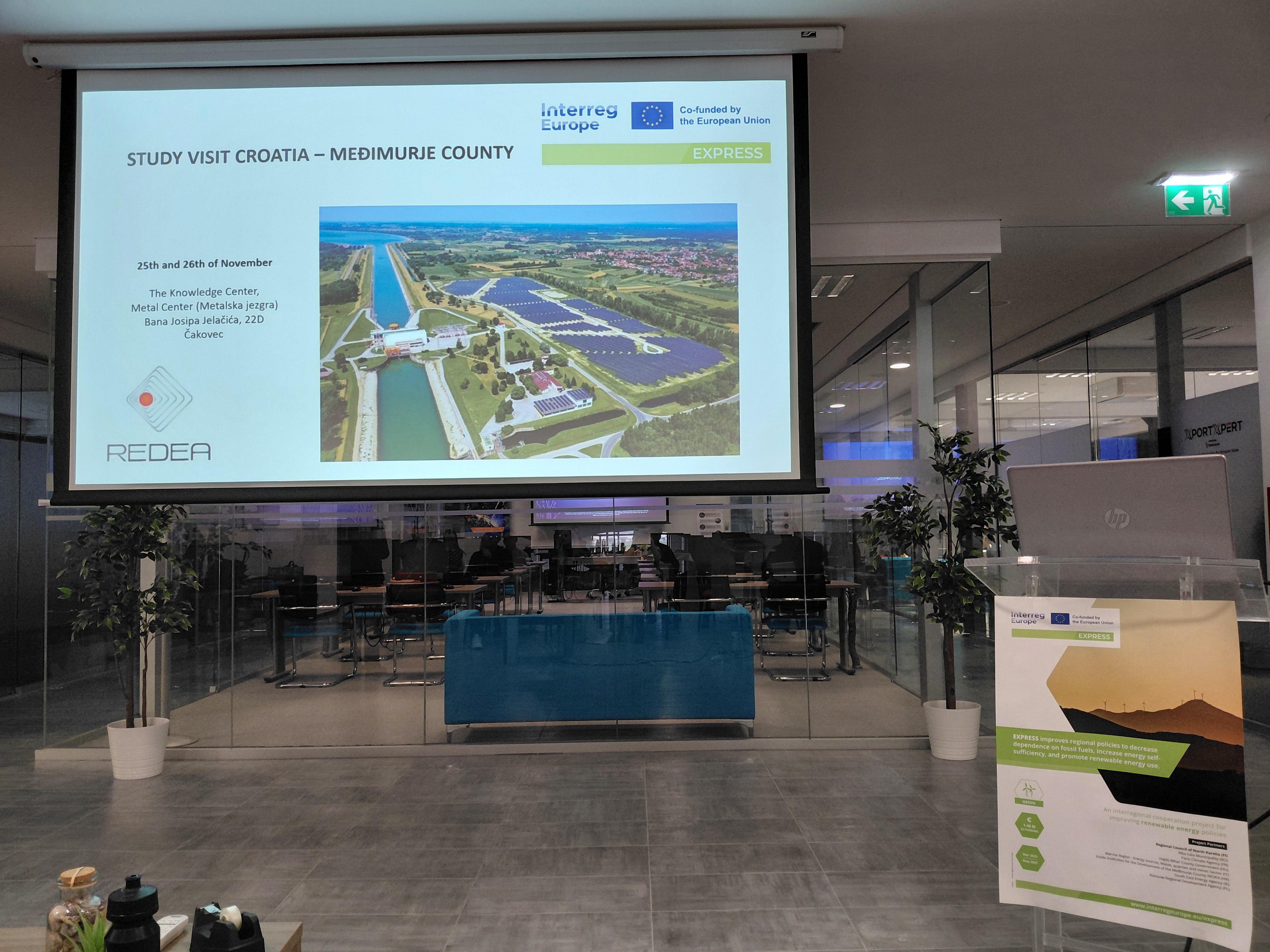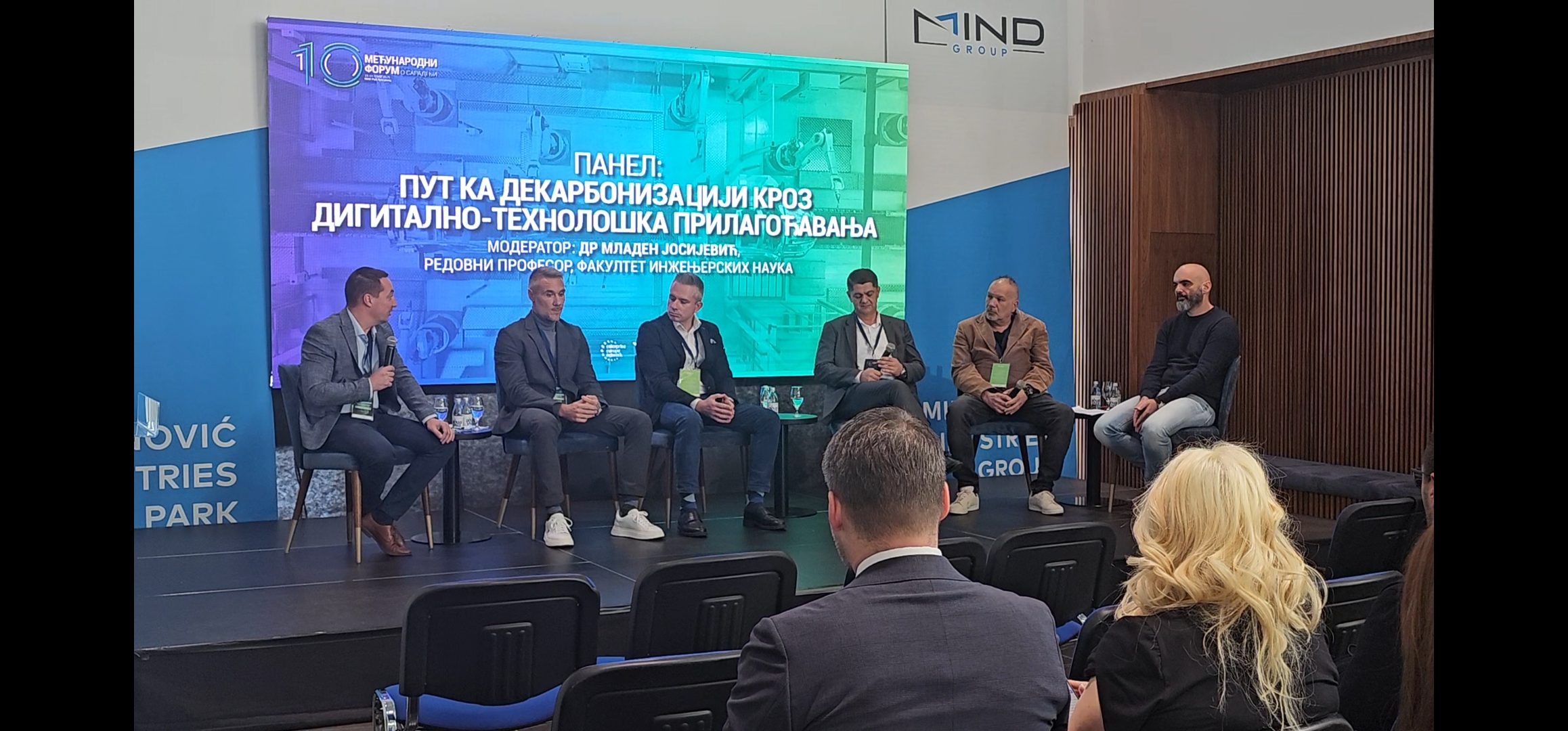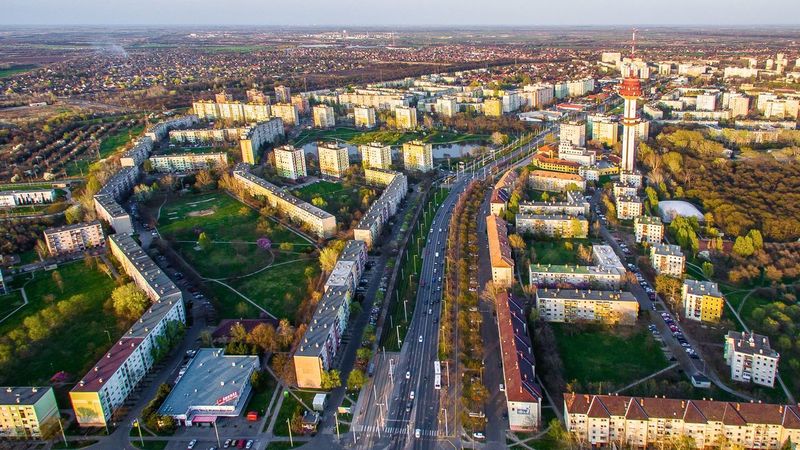
Danube GeoHeCo pilot investment in Szeged, Hungary
SZETAV, the municipally owned District Heating Company of Szeged, provides heating and domestic hot water (DHW) to 27,256 apartments and 433 public buildings in Szeged, Hungary—a city of 162,593 residents located near the Hungarian-Serbian-Romanian tri-border. Since 2018, SZETAV and its partners have undertaken the largest geothermal district heating overhaul in Europe, with the goal of reducing pollution, localizing energy supply, and enhancing operational efficiency.
As part of the Szeged project, 27 thermal wells have been drilled to a depth of 1,700-2,000 meters across various areas of the city. The project’s design includes both extraction wells (9) and injection wells (18), contributing to a more sustainable energy infrastructure for the city. Each production well extracts 90°C geothermal water at 70 m³/h providing around 3MWh of thermal energy.
However, despite the success in transforming the heating system, meeting the increasing demand for cooling remains a challenge. Cooling is still managed individually in each building connected to the grid.
The Danube GeoHeCo project aims to address this by testing geothermal water-based district cooling at SZETAV’s headquarters.
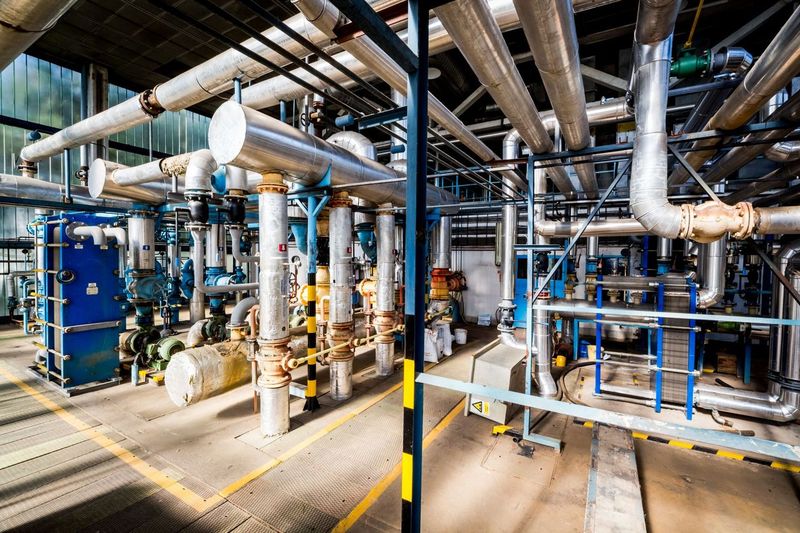
InnoGeo Research and Service Ltd. Photo
Located in a non-insulated building in the North Town district, SZETAV’s headquarters houses 40 office workers and has an annual energy consumption of 768,815 GJ for heating and 9 MWh for cooling. The building is connected to the district heating grid, with the adjacent North 1/A heating plant providing both geothermal heating and DHW to the surrounding area. The geothermal water enters the plant at 94°C and is reinjected at 40-60°C, with a constant thermal water flow of approximately 10 m³/h.
To optimize the use of geothermal energy and address the cooling demand, through the Danube GeoHeCo project a high-temperature water-fired absorption chiller system will be tested. This system will provide 35 kW of cooling to the headquarters by repurposing waste heat, reducing the need for additional energy consumption and minimizing CO2 emissions. The system will be powered by solar photovoltaics, ensuring a sustainable energy supply.
This innovative project offers significant potential as a "living lab," providing an excellent opportunity for local education on renewable energy. It will also serve as a research facility for students, graduates, and young researchers from the University of Szeged.
By repurposing waste heat for cooling, the Danube GeoHeCo project helps optimize energy use, reduce CO2 emissions, and further the city’s commitment to sustainable energy solutions.
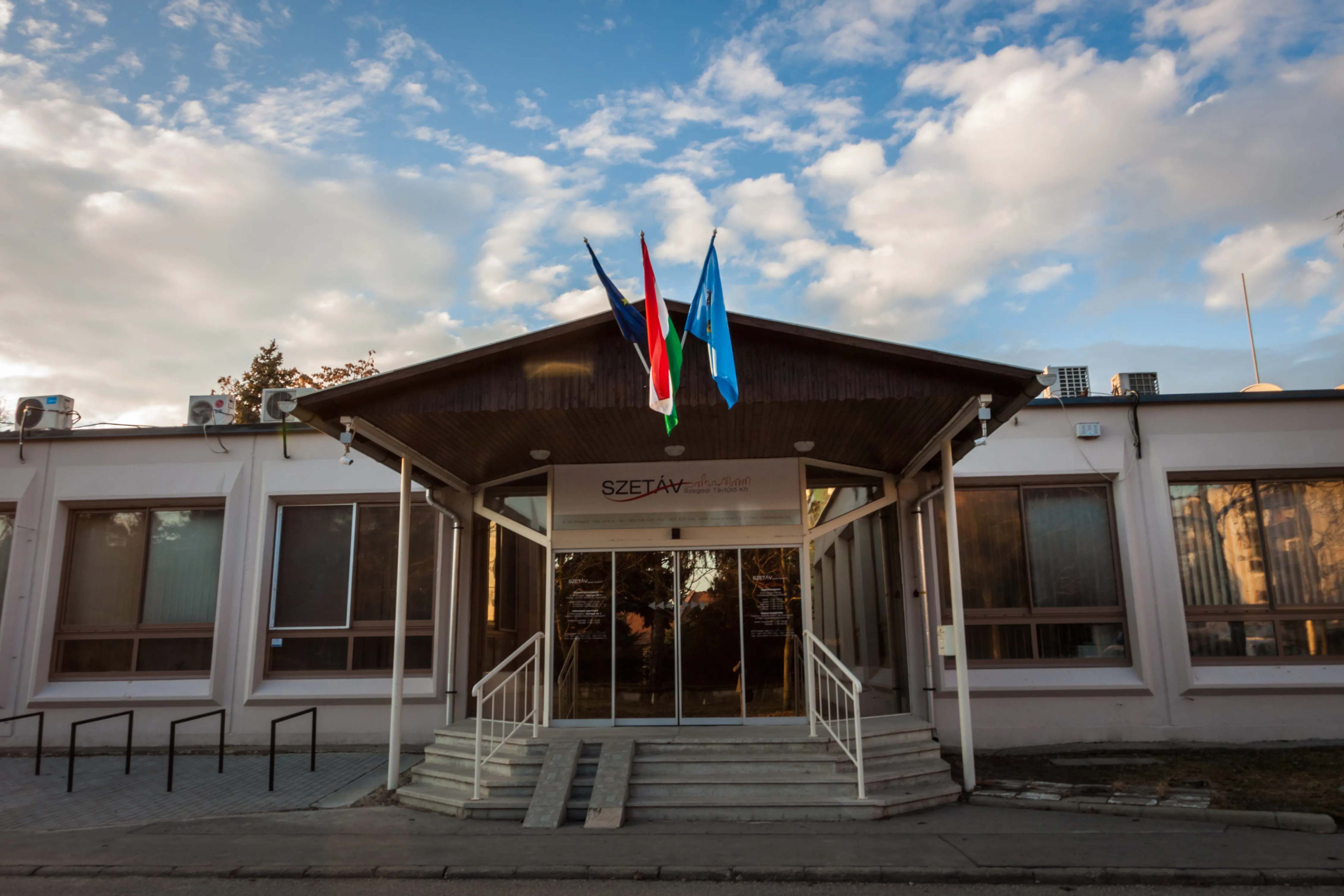
InnoGeo Research and Service Ltd. Photo
News & Events
Read the most recent updates and explore the upcoming events.

